The energy transition will be much cheaper than you think
From The Economist
People who want to do more to fight climate change and those who want to do less tend to have one thing in common. Both sides agree that decarbonising the world economy will be dauntingly expensive. At this week’s annual UN climate summit, in Baku, Azerbaijan, the numbers being bandied around are in the tens of trillions of dollars.
Many see such spending as a colossal waste. Donald Trump, America’s president-elect, denounced the Paris agreement to cut global emissions, reached at the 2015 climate summit, as something that “hurts Americans, and cost a fortune”. He withdrew America from it in his first presidency. Because America has since rejoined, he is likely to do so again. Climate activists, for the most part, do not dispute the hair-raising price tag; they simply consider the expense worthwhile when weighed against the catastrophic damage unchecked climate change is likely to inflict.
Yet this one point of agreement between climate activists and carbon addicts is, in fact, wrong. Greening the world economy will be much cheaper than the two groups imagine. The Economist has looked at estimates of the global cost of an “energy transition” to a zero-emissions world from a range of economists, consultants and other researchers—the sort of estimates that routinely form the basis for policymaking. They range from around $3trn a year to almost $12trn a year, which is indeed a lot. But these figures are overblown in four important ways.
Legal Notice / Disclaimer
Ahead of the Herd newsletter, aheadoftheherd.com, hereafter known as AOTH.Please read the entire Disclaimer carefully before you use this website or read the newsletter. If you do not agree to all the AOTH/Richard Mills Disclaimer, do not access/read this website/newsletter/article, or any of its pages. By reading/using this AOTH/Richard Mills website/newsletter/article, and whether you actually read this Disclaimer, you are deemed to have accepted it.
Share Your Insights and Join the Conversation!
When participating in the comments section, please be considerate and respectful to others. Share your insights and opinions thoughtfully, avoiding personal attacks or offensive language. Strive to provide accurate and reliable information by double-checking facts before posting. Constructive discussions help everyone learn and make better decisions. Thank you for contributing positively to our community!

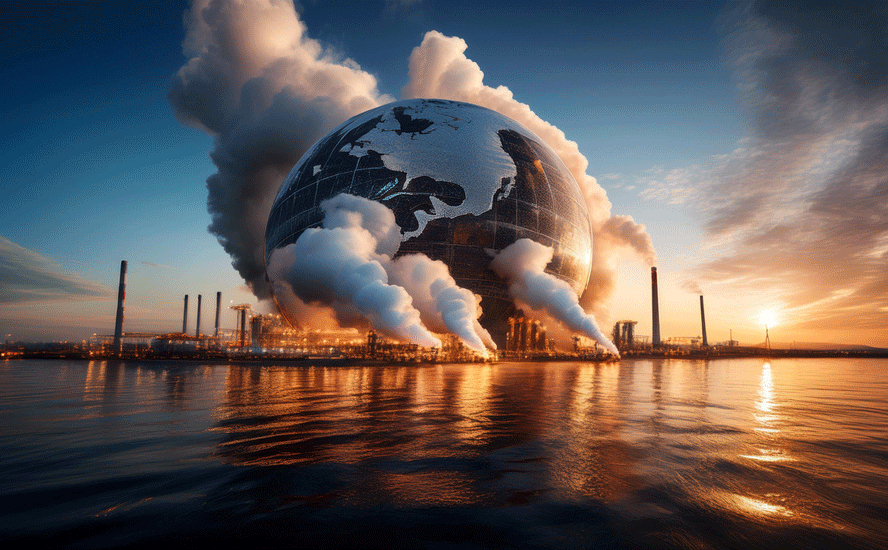



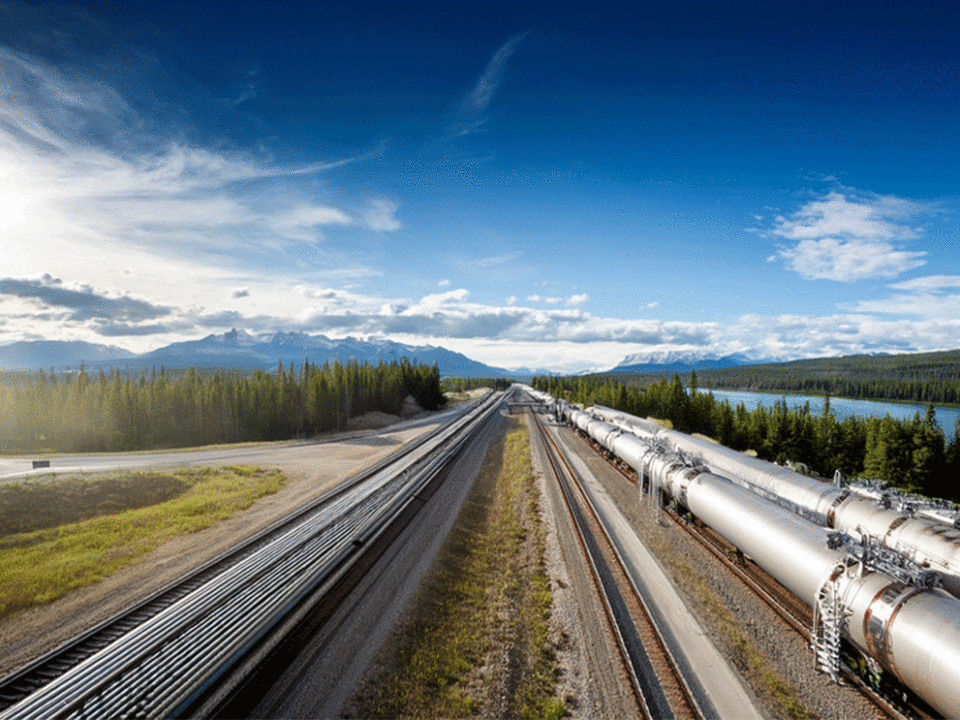








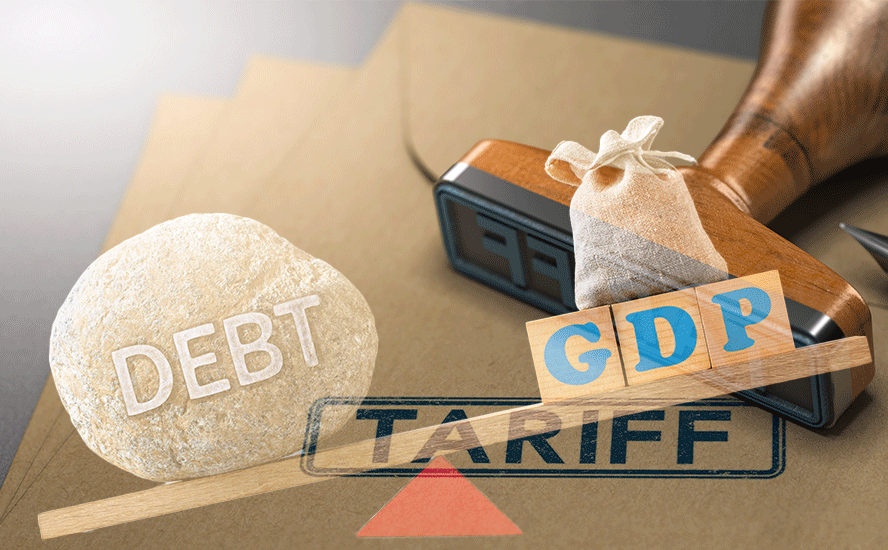






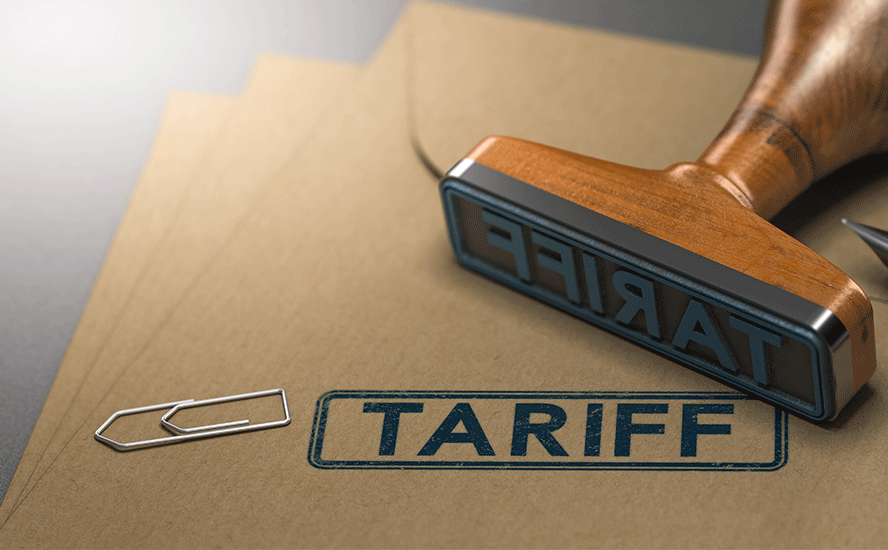




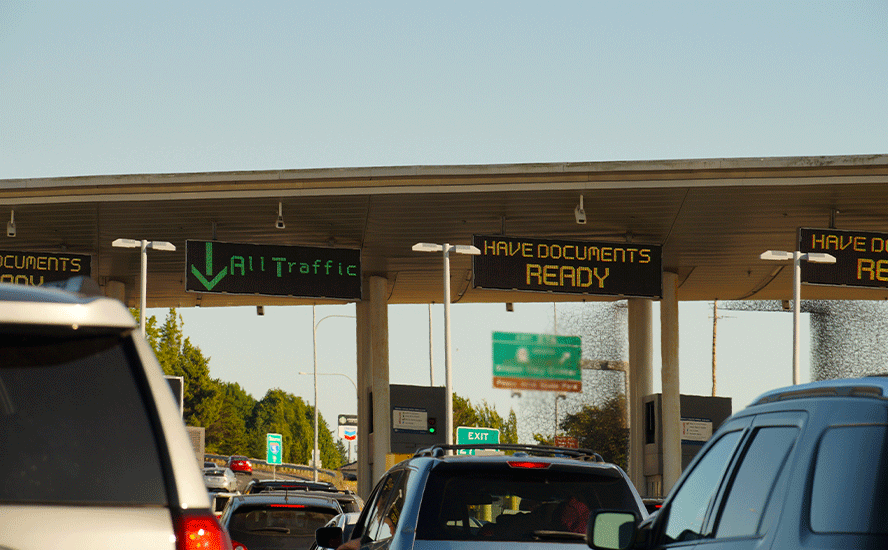


#climatechange #Parisagreement #climateactivists #energytransition